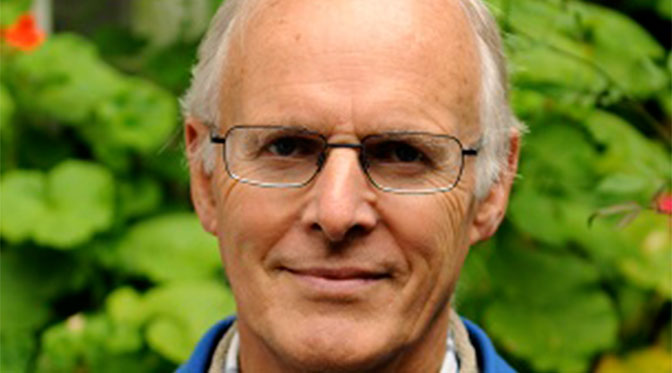“A community organizes the distribution of key productive assets (such as land or fishing rights or water) on the road. This was consistent with many people (farmers and their families, for example) that share a common resource. “
This is the interview with Robin Murray, English industrial economist whose work has focused on cooperation between enterprises and social economy projects.
How important are free technologies in society?
The growth of importance of knowledge production in contemporary capitalism has put free technology at the center of economic and political concern. It is not just a question of the software economy. For sector after sector are being informationalised and transformed as a result. As this takes place, the contest between proprietary and free technology becomes pivotal.
Free culture was born after the emergence of the free software movement, using the same paradigms and free licenses. Is it possible to make the leap from free culture to free architecture, free agriculture or free economy?
This is what we are here to discuss. One important principle is that there should be free open source platforms for many aspects of the economy (for example the core services in banking. It is then open to many different ‘financial apps’, many of which could be the kind of community banking and free advice which is so difficult when the core banking services are controlled by a small number of private banks.)
How would you define the commons?
There are different types of commons. Originally, a community organized the distribution of key productive resources (such as land or fishing rights or water) in the way. This was consistent with many individuals (farmers and their families for example) sharing a common resource. Common production is another matter.The mir in 19th century Russia was a form of resource commons, which also included some common production. Knowledge commons is further distinct in that it involves both common production (as in open source software) and common distribution, but in this case, unlike a given piece of land, there is no scarcity in what has been produced. The key point then is that it is distributed freely. The distinction between a commons of distribution and a commons of production is one to keep in mind.
Can the Social Knowledge Economy that Ecuador is creating be an alternative to capitalism?
It can grow according to a quite different logic within capitalism, just as capitalism grew within feudalism, demonstrating step by step its economic and social logic and advantages.
What are your expectations for Buen Conocer Summit in Quito?
To discuss these issues in relation to a country which has the opportunity to give scope to the new knowledge commons. In the advanced capitalist countries, there are deep structures of interest and power resisting innovations of this kind, even as they grow inn their midst. Ecuador can take the implications of this social economy further locally, nationally and in collaboration with others on a similar path globally.
